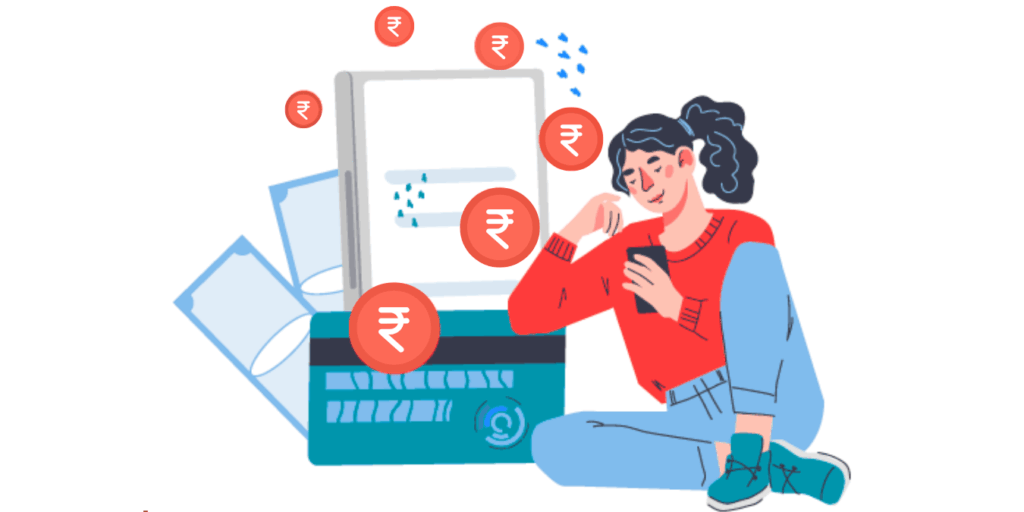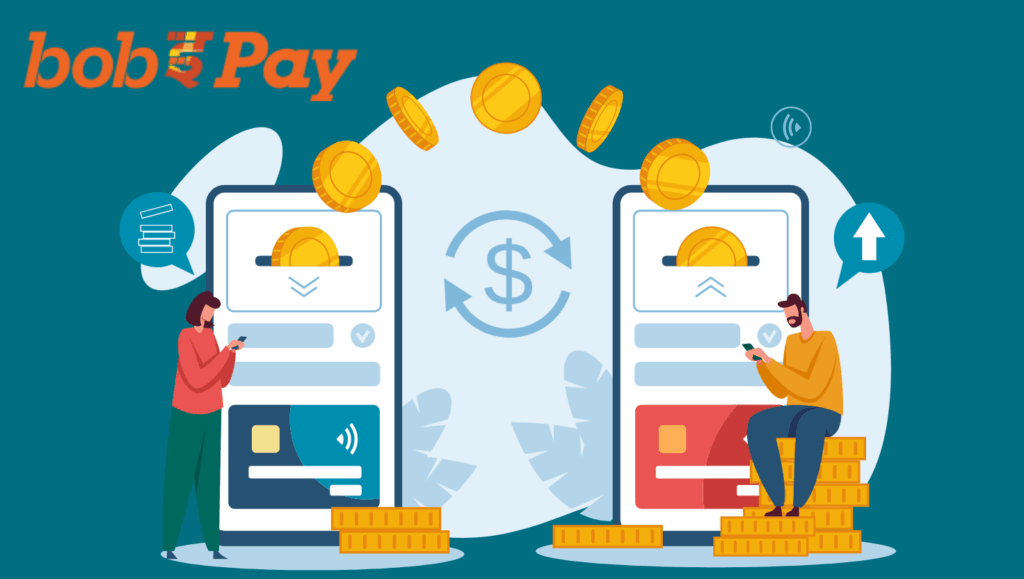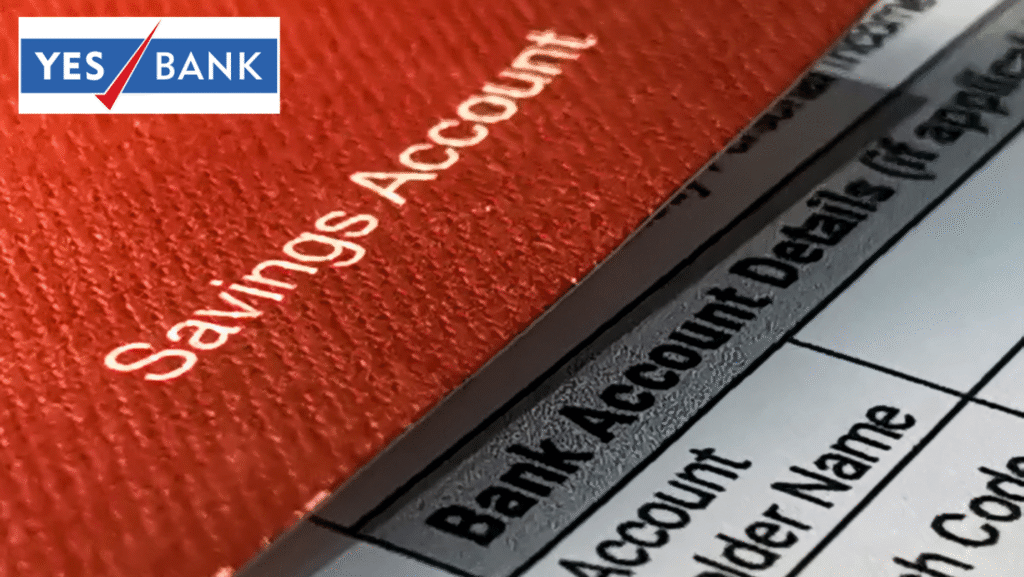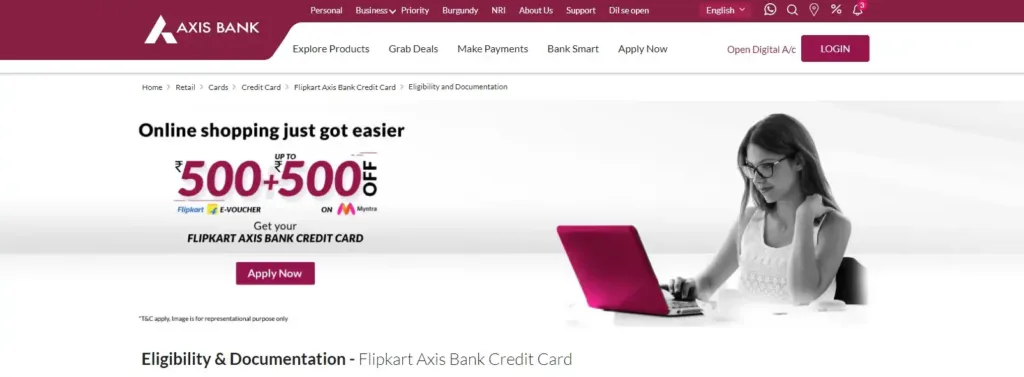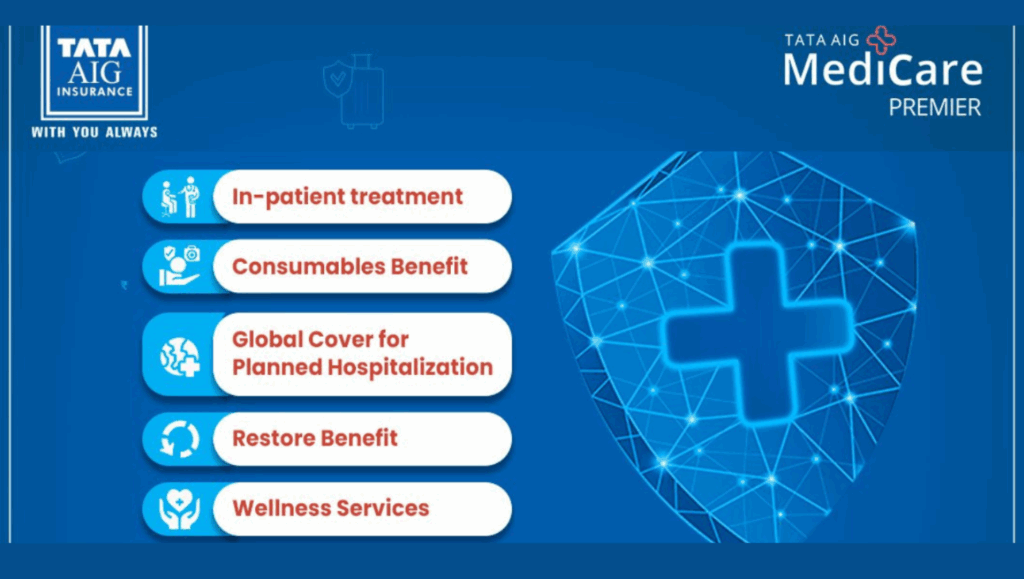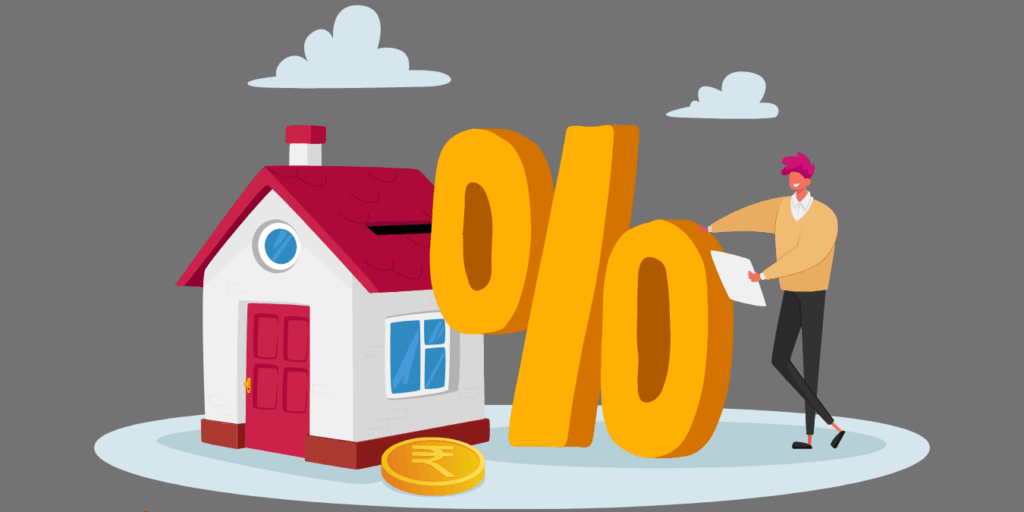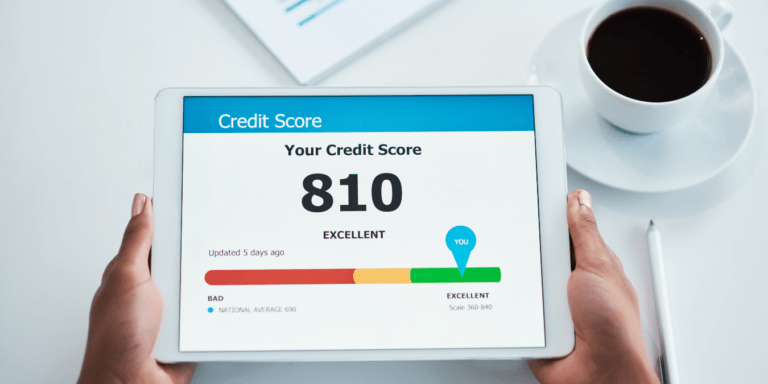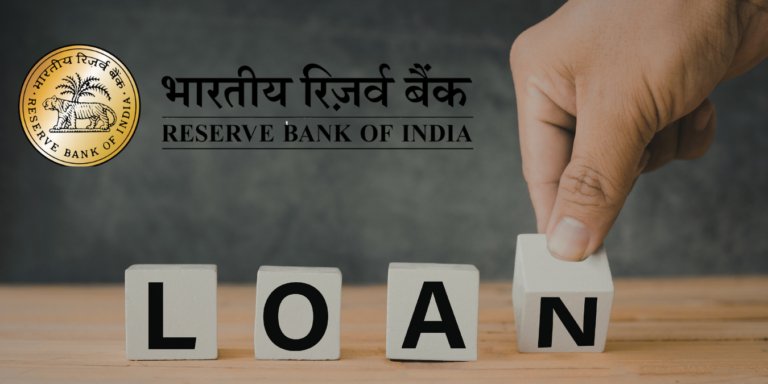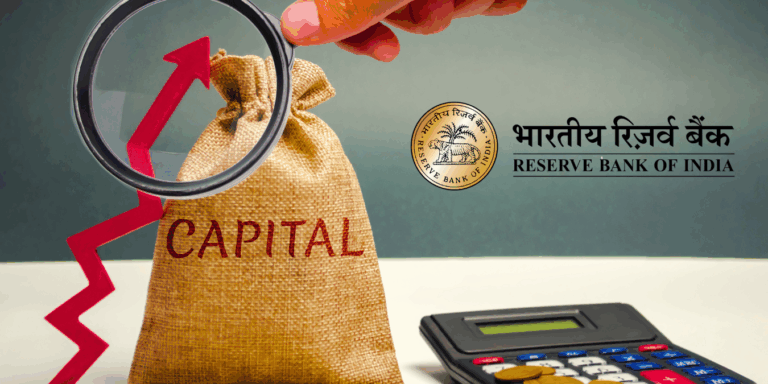
” Discover the importance of CIBIL score for personal loan approval. Learn how to check your CIBIL score, improve it, and increase your chances of getting a loan with favorable terms. Get the latest data and insights on CIBIL scores in India and take control of your creditworthiness.“
Financial emergencies can arise unexpectedly, making personal loans a popular choice for many Indians. Whether it’s funding a wedding, covering medical expenses, or consolidating debt, a personal loan offers quick access to funds without the need for collateral. However, one critical factor that determines your eligibility for a personal loan is your CIBIL score. Understanding how to check your CIBIL score and its impact on your loan application is more important than ever. In this comprehensive guide, we’ll walk you through everything you need to know about applying for a personal loan, how to check your CIBIL score, and tips to improve it for better loan approval chances. Let’s dive in!
What is a CIBIL Score and Why Does It Matter for a Personal Loan?
The CIBIL score, provided by TransUnion CIBIL, India’s leading credit bureau, is a three-digit number ranging from 300 to 900 that reflects your creditworthiness. It’s a snapshot of your financial behavior, based on your credit history, repayment patterns, and debt management. For lenders—be it banks or Non-Banking Financial Companies (NBFCs)—your CIBIL score is a key metric to assess the risk of lending to you.
When applying for a personal loan, a higher CIBIL score (typically 750 or above) increases your chances of approval, secures lower interest rates, and offers better loan terms. Conversely, a low score can lead to rejection or higher interest rates, making it essential to check your CIBIL score before submitting your loan application.
Latest Data on CIBIL Scores in India
According to recent reports from TransUnion CIBIL, over 70% of personal loan applications in India are influenced by credit scores, with an average approved score hovering around 760. Additionally, the demand for personal loans has surged by 15% in urban areas like Mumbai, Delhi, and Bengaluru, driven by rising inflation and lifestyle expenses. This makes maintaining a healthy CIBIL score more critical than ever.
How Does Your CIBIL Score Affect Personal Loan Eligibility?
When you apply for a personal loan in India, lenders evaluate several factors, including your income, employment stability, and debt-to-income ratio. However, your CIBIL score remains the cornerstone of their decision-making process. Here’s how it impacts your loan application:
- Loan Approval: Most lenders require a minimum CIBIL score of 700–750. A score below 600 often results in rejection, especially for unsecured loans like personal loans.
- Interest Rates: A high score (above 750) can fetch you competitive interest rates (starting at 10–12% per annum in 2025), while a lower score might push rates to 18–24%.
- Loan Amount: A strong CIBIL score can qualify you for higher loan amounts, sometimes up to ₹50 lakh, depending on your income.
- Processing Speed: Applicants with excellent scores often enjoy faster approvals, sometimes within 24 hours.
For instance, if you’re applying for a personal loan online with a score of 800, you’re likely to get pre-approved offers from top banks like HDFC, ICICI, or Axis Bank. On the other hand, a score of 650 might limit your options to NBFCs with stricter terms.
How to Check Your CIBIL Score in India (Step-by-Step Guide)
Checking your CIBIL score is a simple process, and with digital advancements, it’s more accessible than ever. Here’s how you can do it:
1. Visit the Official CIBIL Website
- Go to www.cibil.com, the official TransUnion CIBIL website.
- Click on “Get Your CIBIL Score” or “Free Credit Report.”
2. Fill in Your Details
- Provide personal information such as your full name, date of birth, PAN card number, and contact details.
- Verify your identity using an OTP sent to your registered mobile number.
3. Access Your Score and Report
- Once authenticated, your CIBIL score and detailed credit report will be displayed on-screen or emailed to you.
- You can download the report in PDF format for future reference.
Alternative Methods to Check Your CIBIL Score
- Banking Apps: Leading banks like SBI, HDFC, and ICICI allow customers to check their CIBIL score via NetBanking or mobile apps.
- Third-Party Platforms: Websites like Paisabazaar, BankBazaar, and KreditBee offer free CIBIL score checks with additional loan insights.
- Annual Free Report: As mandated by the Reserve Bank of India (RBI), you’re entitled to one free CIBIL report per year. Additional checks may cost ₹500–₹1,000, depending on the subscription plan.
Frequency of Checking Your CIBIL Score
Experts recommend checking your score every 6–12 months or before applying for a personal loan online. Frequent hard inquiries (from loan applications) can temporarily lower your score, so avoid unnecessary checks.
What is the Minimum CIBIL Score Required for a Personal Loan?
The minimum CIBIL score for a personal loan varies by lender, but here’s a general breakdown based on trends:
- Top Banks (e.g., SBI, HDFC, ICICI): Require a score of 750 or higher for favorable terms.
- NBFCs (e.g., Bajaj Finance, Tata Capital): May accept scores as low as 685–700, but with higher interest rates.
- Fintech Lenders (e.g., KreditBee, Moneyview): Often cater to scores of 600–650, targeting borrowers with low or no credit history.
If your score is below 600, securing a personal loan becomes challenging. However, options like collateral-based loans or adding a guarantor can improve your chances.
How to Improve Your CIBIL Score Before Applying for a Personal Loan
A low CIBIL score doesn’t mean the end of your loan journey. With consistent effort, you can boost your score within 6–12 months. Here are actionable tips:
1. Pay Bills and EMIs on Time
- Late payments account for 35% of your CIBIL score. Set reminders or automate payments to avoid delays.
2. Reduce Credit Utilization Ratio
- Keep your credit card usage below 30% of your limit. For example, if your limit is ₹1 lakh, avoid spending more than ₹30,000.
3. Clear Outstanding Debts
- Pay off small loans or credit card dues to lower your debt-to-income ratio, signaling financial stability to lenders.
4. Avoid Multiple Loan Applications
- Each application triggers a hard inquiry, dropping your score by 5–10 points. Space out applications by at least 3–6 months.
5. Maintain a Healthy Credit Mix
- A balance of secured (e.g., home loans) and unsecured (e.g., personal loans) credit can positively impact your score.
6. Dispute Errors in Your Report
- Review your CIBIL report for inaccuracies (e.g., closed loans marked as active) and file a dispute online with TransUnion CIBIL.
Success Story: Improving a CIBIL Score
Take Nikhil, a 32-year-old IT professional from Pune. In 2024, his CIBIL score was 550 due to missed credit card payments. After clearing dues, maintaining low credit utilization, and paying EMIs on time, his score rose to 740. He successfully secured a ₹5 lakh personal loan at 11% interest from HDFC Bank.
Applying for a Personal Loan: Step-by-Step Process
Once you’ve checked and optimized your CIBIL score, here’s how to apply for a personal loan in India:
1. Assess Your Needs
- Determine the loan amount and tenure based on your repayment capacity. Use an online EMI calculator for clarity.
2. Compare Lenders
- Research banks, NBFCs, and fintech platforms for interest rates, processing fees (2–3% of loan amount), and eligibility criteria.
3. Check Eligibility
- Most lenders require:
- Age: 21–60 years
- Minimum income: ₹25,000/month (salaried) or ₹5 lakh/year (self-employed)
- CIBIL score: 700+
- Employment stability: 1–2 years
4. Submit Documents
- Common requirements include:
5. Apply Online or Offline
- For speed, opt for personal loan online applications via lender websites or apps. Approval can take 24 hours to 7 days.
6. Loan Disbursal
- Upon approval, funds are credited to your account, often within 48 hours for high CIBIL score applicants.
Personal Loan Options for Low CIBIL Scores
If your CIBIL score is below 700, don’t lose hope. Here are alternatives available in 2025:
- Collateral-Based Loans
- Pledge assets like gold, property, or fixed deposits to secure a loan, bypassing the need for a high score.
- Guarantor-Based Loans
- Add a co-applicant or guarantor with a strong credit profile to boost approval chances.
- Fintech Lenders
- Platforms like KreditBee and Moneyview offer personal loans for low CIBIL scores, with amounts up to ₹9 lakh and flexible tenures.
- NBFCs
- Companies like Bajaj Finance and Hero FinCorp cater to scores as low as 600, though interest rates may range from 15–20%.
Common Mistakes to Avoid When Applying for a Personal Loan
- Not Checking Your CIBIL Score: Applying without knowing your score can lead to rejection and further score drops.
- Overborrowing: Borrow only what you can repay to avoid defaults that harm your score.
- Ignoring Terms: High processing fees or prepayment penalties can increase costs—read the fine print.
- Multiple Applications: Avoid applying to multiple lenders simultaneously, as it signals financial distress.
Latest Trends in Personal Loans and CIBIL Scores
- Digital Loan Approvals: Over 60% of personal loans in India are now processed online, with CIBIL scores integrated into instant approval systems.
- Rising Interest Rates: With RBI’s repo rate at 6.75% in Q1 2025, personal loan rates have climbed to 11–15% for high-score applicants.
- Focus on Credit Health: Lenders are offering free CIBIL score monitoring tools to encourage responsible borrowing.
Take Charge of Your CIBIL Score Today
Applying for a personal loan in India is a strategic decision that hinges on your CIBIL score. By checking your score regularly, improving it with disciplined financial habits, and choosing the right lender, you can unlock affordable credit tailored to your needs. Whether you’re aiming for a dream vacation or tackling an emergency expense, a strong CIBIL score is your ticket to financial flexibility.
Ready to get started? Visit the CIBIL website or your bank’s portal to check your score today. With the right preparation, your personal loan application can be a seamless success!
-

Why Is the Stock Market Falling Today? Nifty Below 25,500 and 5% Crash in IT Explained
-

Section 195 TDS on NRI Property: How Budget 2026 Just Made It Simpler for Every Indian Homebuyer
-

Meta and AMD Sign a Multi-Year 6GW AI Infrastructure Deal Worth Over $100 Billion — Breaking Down Every Detail
-

IBM is the Latest AI Casualty: Shares Tank 13% on Anthropic’s COBOL Modernization Threat
